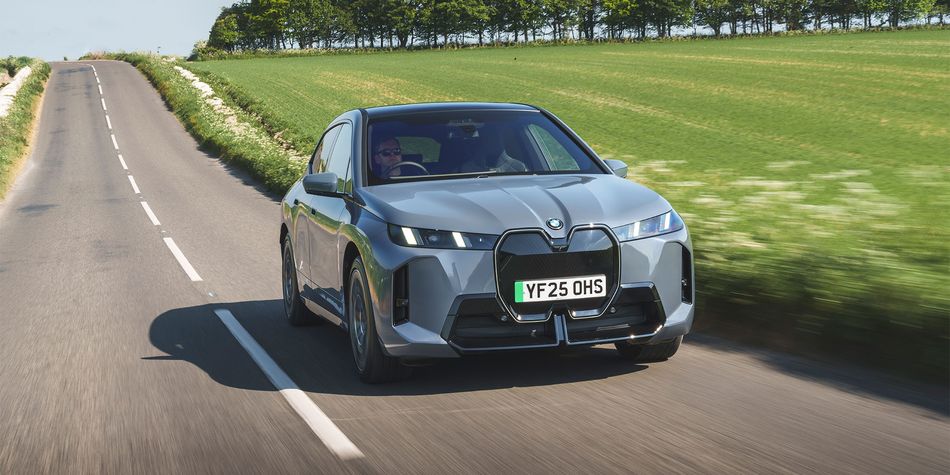Mercedes issues global recall affecting nearly one million cars

Mercedes is recalling a total of 993,407 vehicles globally, due to the potential for 'advanced corrosion' affecting braking components in selected models that are at least seven years old.
In the event of a driver applying strong force to the brake pedal, damage may occur to the brake booster in affected models, rendering the brakes inoperable.
Mercedes has started the recall and is advising owners not to drive their cars until they’ve been inspected.
A Mercedes spokesperson told Which? that as many as 30,000 UK cars could be affected. The spokesperson added: 'Mercedes-Benz AG has determined that on certain vehicles of the ML, GL, and R-Class series from the production period 2004-2015, the function of the brake booster might be affected by advanced corrosion in the joint area of the housing.'

This is the second recent Mercedes recall. In February 2021 Mercedes recalled a similar number of cars over a defect in its ‘eCall’ feature, which is designed to alert the emergency services in the event of an accident. A fault with the system meant it was possible the wrong location could be sent.
Only cars with an excellent dependability record can be rated as Which? Best Buys - see our expert pick of the best cars for 2022.
Which Mercedes cars have been recalled?
This latest recall involves three of the brand’s older large SUV and MPV cars, built between 2004 and 2015:

- Mercedes ML large SUV
- Mercedes GL large SUV
- Mercedes R-Class MPV
Mercedes is contacting affected owners, although given the age of some affected models it’s possible some may no longer be covered by of the dealer contact network.
To find out whether your car is included in this latest recall, you can use Mercedes’ recall search tool. You'll need your car's vehicle identification Number (VIN) to hand, which you can find in your car's logbook.
Are the affected Mercedes cars safe to drive?
In a statement to the AFP news agency, Mercedes said: 'In rare cases of very severe corrosion, it might be possible for a particularly strong or hard braking manoeuvre to cause mechanical damage to the brake booster, whereby the connection between brake pedal and brake system would fail.
'In such a very rare case, it would not be possible to decelerate the vehicle via the service brake. Thus, the risk of a crash or injury would be increased.'

Given the potential for loss of braking due to the fault, we recommend following Mercedes’ advice and not driving your car until it has been inspected.
If your car is found to have faulty components, they will be replaced free of charge.
Regardless of which car you drive, it could be affected by a separate ongoing recall. Use the Gov.uk vehicle recall tool to check the status of your car and see our guide on your rights following a recall.
Drive smarter and cut costs using our expert advice. Get our monthly Cars newsletter – it's free



